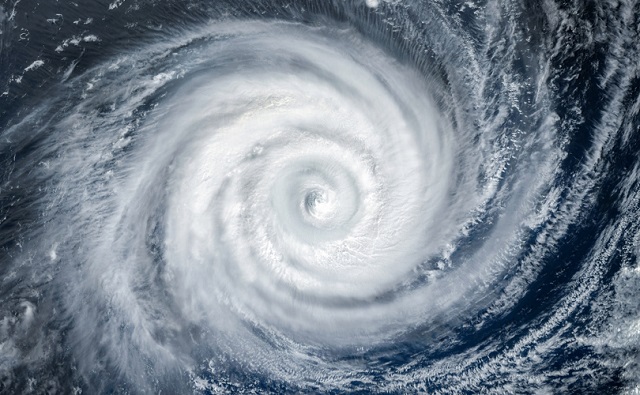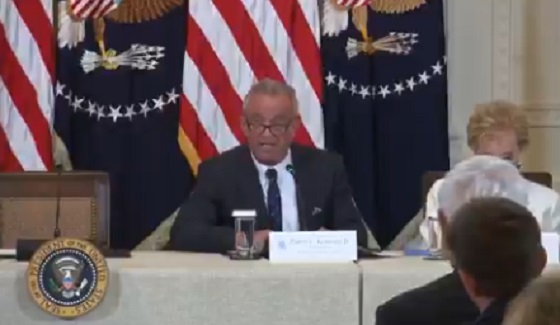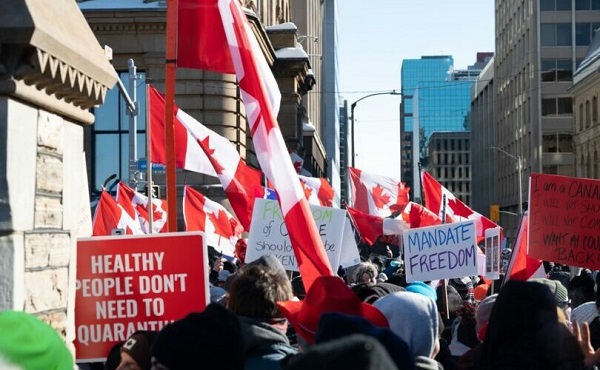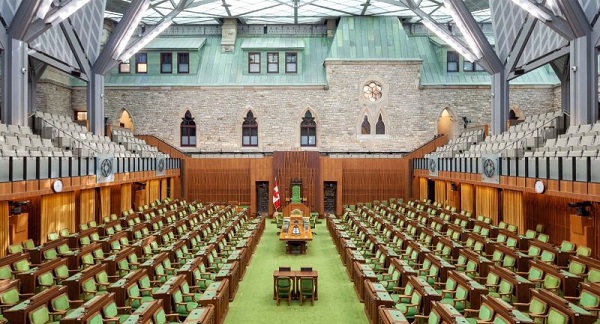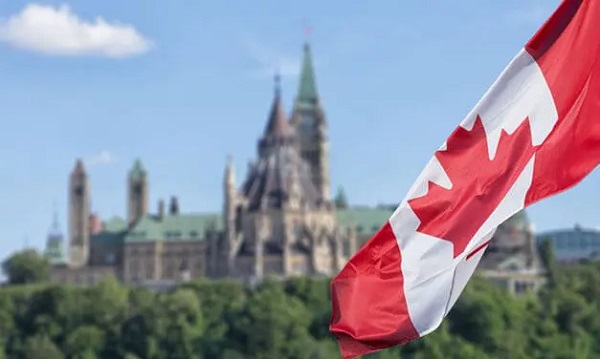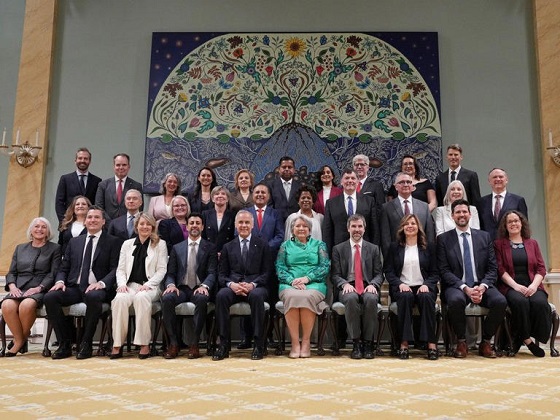From The Center Square
Congress has passed a measure to overturn California’s phased-in 2035 ban on the sale of new gas cars.
The vote impacts 11 other states and the District of Columbia, which make up 40% of the nation’s car market and adopted California emissions standards.
The measure, which was passed by the Senate Thursday after its previous approval by the House, now heads to President Donald Trump’s desk for his signature. But the Senate parliamentarian’s objection to Congress’s authority to overturn the EPA waiver approving the ban could set the stage for a possible legal battle between the federal government and states that have adopted the California ban.
The phased-in zero-emission vehicle requirement is set to apply to California, Massachusetts, New York, Oregon, Vermont and Washington for the ongoing model year 2026, and Colorado, Delaware, Maryland, New Jersey, New Mexico, Rhode Island and Washington, D.C. for model year 2027.
In the last weeks of the Biden administration, the EPA approved a waiver allowing California’s gas car ban to move forward. Because California’s emissions regulations — they were created to combat the state’s notorious smog — predate the EPA, the state was grandfathered in with the ability to set more stringent emissions requirements than the federal standard so long as the EPA grants a waiver for each such requirement.
Under the power of congressional review, Congress can vote to overturn executive regulatory decisions within 60 legislative days, suggesting the Biden administration’s decision not to approve the waivers until its final weeks could have been made with this power in mind.
Now, California Attorney General Rob Bonta announced he is suing the Trump administration for unlawful use of the Congressional Review Act.
“These unlawful and unlawful CRA resolutions purport to invalidate clean air act waivers that allow California to enforce state-level emissions standards,” said Bonta at a news conference. “The nonpartisan Government Accountability Office and the Senate parliamentarian … both determined the CRA’s process does not apply to the EPA waivers.”
“California has received approximately 100 waivers … and the CRA has not been applied,” continued Bonta.
In 2019, the first Trump administration withdrew a California vehicle emissions EPA waiver, leading to ongoing court cases that were withdrawn by the federal government when the Biden administration took power in 2021, and a reinstatement of the waiver in 2022. A lawsuit filed by multiple states and the energy industry against the 2022 reinstatement failed when a court ruled the plaintiffs did not have standing to sue, with the Supreme Court agreeing to review the finding on the lack of standing.
After the overturn’s anticipated signing by President Trump, the matter of Congressional Review and the constitutionality of California’s regulations are likely to bring the issue to a more final adjudication.
The ban would have required that 35% of cars in model year 2026 be qualifying zero-emissions vehicles, which allows for a large share of plug-in hybrid models, in addition to the now ubiquitous battery-electric vehicles, and rare hydrogen fuel cell vehicles. In California, which has the nation’s largest EV charging network and highest EV adoption rates, ZEV sales declined from 22% in the last quarter of 2024 to 20.8% in the first quarter of 2025, suggesting buyers are becoming less enthusiastic about purchasing electric vehicles.
Given that the 2026 model year is already under way for many automakers, a ZEV increase from 20.8% to 35% would have required a 68% increase in ZEV market share within the year, leading Toyota to call California’s requirement “impossible to meet.”
Automakers would have had to either restrict the inventory of non-qualifying vehicles, as Jeep has done in the past, purchase costly excess credits from automakers with excess ZEV credits such as Tesla or Rivian, or pay a $10,000 fine for each car they sell that doesn’t meet the requirement. Consumers still would be able to buy gas-powered cars in other states, or buy them on the used market, which experts say would have resulted in rising used car prices not only in states impacted by the ban, but nationwide, as used cars from around the country would likely be imported to impacted states to meet continued demand for gas-powered cars.
The typical financing payment for a new electric vehicle is over $700 per month, even after accounting for subsidies, putting EVs out of reach for most American families.
“We need to ‘Make California Affordable again’ by giving consumers options and not boxing them into a single choice and forcing them to purchase expensive electric vehicles they can’t afford,” said state Sen. Tony Strickland, R-Huntington Beach, after Congress passed a measure overturning the ban. “Furthermore, as vice chair of the Senate Transportation Committee and a member of the Senate Energy Committee, I am concerned that California is not truly prepared to have 15 million electric vehicles on the road by 2035 … If everyone plugs in and charges their EVs, we will experience rolling blackouts because of inadequate energy capacity.”
In 2022, California energy grid officials requested that EV owners not charge their cars during a heat wave, highlighting the grid’s insufficient capacity to meet even recent demand. UC Berkeley researchers say the state must spend $20 billion on grid upgrades to handle energy transfers to electric vehicles, not including additional costs to the grid to support the anticipated transition from natural gas-powered appliances, which would increase grid strain even further.
